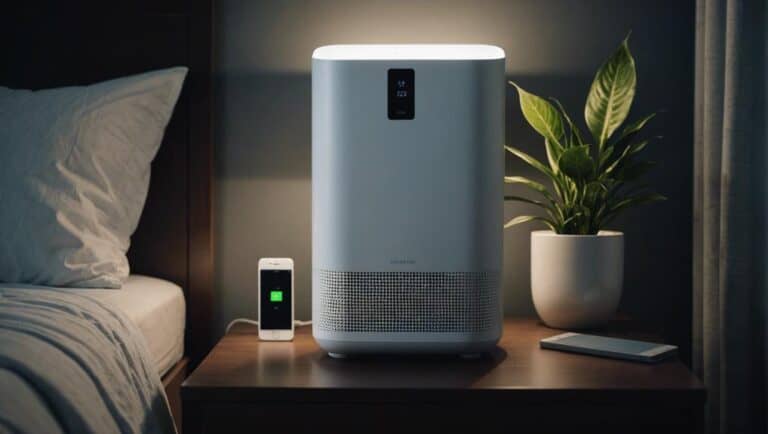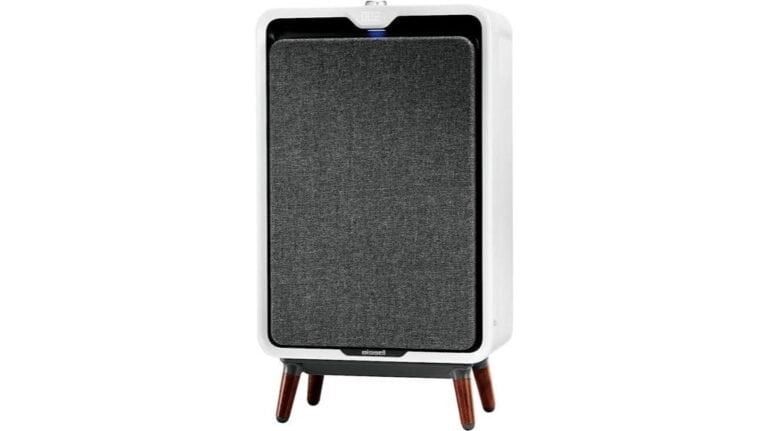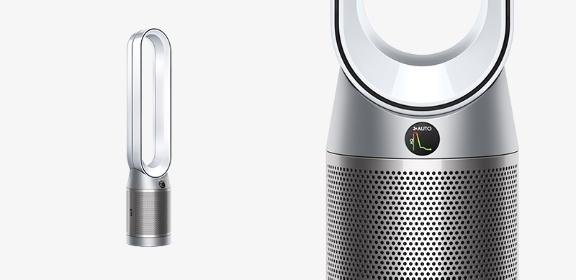Effective Ventilation Strategies for a Healthy and Safe Basement Environment
Basements are notorious for being musty, damp, and inadequate in terms of air circulation. What many homeowners don’t realize is that poor ventilation can have serious consequences on their health and safety. Without proper airflow, basements become a breeding ground for mold, mildew, and other harmful contaminants that compromise indoor air quality. This is why developing an effective ventilation strategy is crucial to maintain a healthy and safe basement environment. In this article, we’ll explore some practical solutions to common basement ventilation issues so you can enjoy a clean living space free from potential hazards.
The Importance of Proper Basement Ventilation
Proper basement ventilation is critical to ensuring the health and safety of those who live in your home. A poorly ventilated basement can cause a wide range of respiratory problems, allergies, and other health issues due to mold and mildew growth. Additionally, inadequate air circulation can be a breeding ground for dangerous gases like carbon monoxide.
Installing exhaust vents or fans in Basements are simple solutions that would increase ventilation significantly while reducing humidity levels. Dehumidifiers also aid greatly since basements give off moisture through walls as well as floors which promote dampness over time causing mold spores to generate gradually with potential hazardous exposure being detrimental long-term.
In conclusion, regular maintenance checks for optimum airflow should be conducted at least every six months to ensure adequate ventilation because neglecting it could compromise indoor air quality whereby harmful contaminants accumulate posing risks such as respiratory illness or even death from prolonged exposure so one must take prompt action when insufficient ventilation has been noted by contacting HVAC experts.
Common Ventilation Issues in Basements
Basements are often associated with poor ventilation, leading to unpleasant odors and unhealthy air quality. Dampness is a common culprit that exacerbates ventilation issues and promotes the growth of mold and mildew. The lack of natural light also does not help, as sunlight has antibacterial and antifungal properties that keep indoor environments clean.
One major problem in basement ventilation is inadequate air exchange. This happens when there isn’t enough fresh outside air coming in to replace stale indoor air, resulting in trapped pollutants such as cooking fumes, dust mites, and carbon monoxide. Similarly, insufficient exhaust systems can lead to stagnant airflow within the basement space that does little to remove harmful particle matter like radon gas or toxic chemicals from stored paints or solvents.
Fortunately, there are numerous solutions available for homeowners looking to improve their basement’s ventilation system. Some quick fixes involve opening windows regularly (when weather permits), installing dehumidifiers or fans to remove excess moisture from the area or contacting an HVAC professional if more complex improvements are needed – including adding a mechanical ventilation system such as an extractor fan connected directly through ducting outside your home – ensuring proper airflow throughout all corners while keeping humidity levels down.
Understanding the Risks of Poor Basement Ventilation
Poor basement ventilation can lead to several risks that homeowners should be aware of. When basements lack proper airflow, moisture accumulates and creates an environment where mold and mildew thrive. These types of fungi not only damage the structure of the home but also pose serious health concerns for inhabitants. Prolonged exposure to mold spores can cause respiratory problems, allergies, and other illnesses that compromise overall well-being.
In addition to mold growth, poor basement ventilation can also increase radon levels – a naturally occurring gas that seeps into homes from the ground. Radon is odorless and tasteless, making it difficult to detect without specialized equipment. Long-term exposure to high concentrations is linked with lung cancer, which makes it crucial for homeowners to monitor their indoor air quality regularly.
To avoid these dangers, homeowners should prioritize proper basement ventilation by incorporating practical solutions such as exhaust fans or dehumidifiers in their plan. Maintaining healthy indoor air quality through effective ventilation methods ensures a safe living area for residents while preventing costly structural damages down the line.
Strategies for Improving Basement Airflow
Basements tend to be one of the dampest and most unventilated spaces in a home, which can negatively impact the indoor air quality. A lack of airflow in basements can lead to mold growth, poor ventilation, and even carbon monoxide buildup if appliances are not vented properly. Thankfully, there are several strategies that homeowners can use to improve basement airflow such as installing exhaust fans or dehumidifiers.
Another effective strategy is sealing all gaps around pipes, ducts, windows or doors with weather stripping. This helps prevent outside pollutants like dust and allergens from seeping into your basement. Additionally, adding vents for improved circulation will promote better air movement throughout the space while also removing excess moisture build-up. Improving your basement’s ventilation is essential for maintaining good indoor air quality which will ultimately benefit you as well as building occupants over time health-wise making them less susceptible to allergies and respiratory problems caused by harmful pollutants commonly found in damp environments like basements).
Choosing the Right Ventilation System for Your Basement
When choosing the right ventilation system for your basement, the first step is to assess your specific needs. Factors such as size, humidity level, and existing dampness should all be considered before making a decision. There are several options available including natural or passive ventilation systems which rely on air pressure differences to draw in fresh air and exhaust stale air out of your basement.
Another popular option is an active ventilation system which uses fans to move and circulate air throughout the room. These systems can be either standalone units or integrated directly into your HVAC (heating, ventilating, and air conditioning) system. In addition, there are dehumidifiers that help regulate moisture levels within a space by pulling excess moisture from the air while also circulating clean fresh indoor air.
In conclusion, choosing the right ventilation system for your basement requires careful consideration of various factors such as size, existing humidity levels, preference for passive or active systems among others. By selecting an appropriate system suited to these requirements you can ensure adequate airflow into this area of our homes resulting in better overall health conditions while keeping mold at bay especially if allergies provoke respiratory issues like asthma amongst other things.
Maintaining Your Basement Ventilation System
To maintain a healthy and safe basement environment, it’s important to have an effective ventilation system in place. One way to achieve this is by using fans or dehumidifiers that can help remove excess moisture from the air. Be sure to clean or replace your air filters regularly, as dirty filters can obstruct airflow and reduce the effectiveness of your ventilation system.
It’s also important to keep an eye on any water leaks or damage in your basement and take care of them promptly. Water damage not only increases the risk of mold growth but also weakens the structural integrity of your home. Regularly inspecting and maintaining gutters, downspouts and grading around your foundation will help prevent water infiltration into your basement. Additionally, sealing any cracks or gaps around windows, floors, doors or pipes with caulking or weatherstripping will further improve air quality by keeping out outside contaminants while helping regulate temperature levels throughout the seasons.
Benefits of Effective Basement Ventilation for Your Health and Home
Effective basement ventilation can provide numerous benefits for your health and home. Firstly, adequate air circulation helps to minimize the potential growth of harmful airborne pollutants such as mold spores and allergens that thrive in damp environments. This plays a crucial role in preserving indoor air quality, which is especially important for individuals suffering from respiratory allergies or asthma.
Secondly, proper basement ventilation can help regulate temperature and humidity levels throughout your entire house. This not only makes it more comfortable to live in but also prevents costly damage caused by excessive moisture buildup such as warped floors or peeling paint.
Lastly, well-ventilated basements are less prone to unpleasant odors that stem from stagnant air trapped within an enclosed space over time. By introducing fresh airflow into the cellar on a regular basis, you can create a much cleaner and odor-free environment that’s conducive to healthy living conditions for you and your family.






